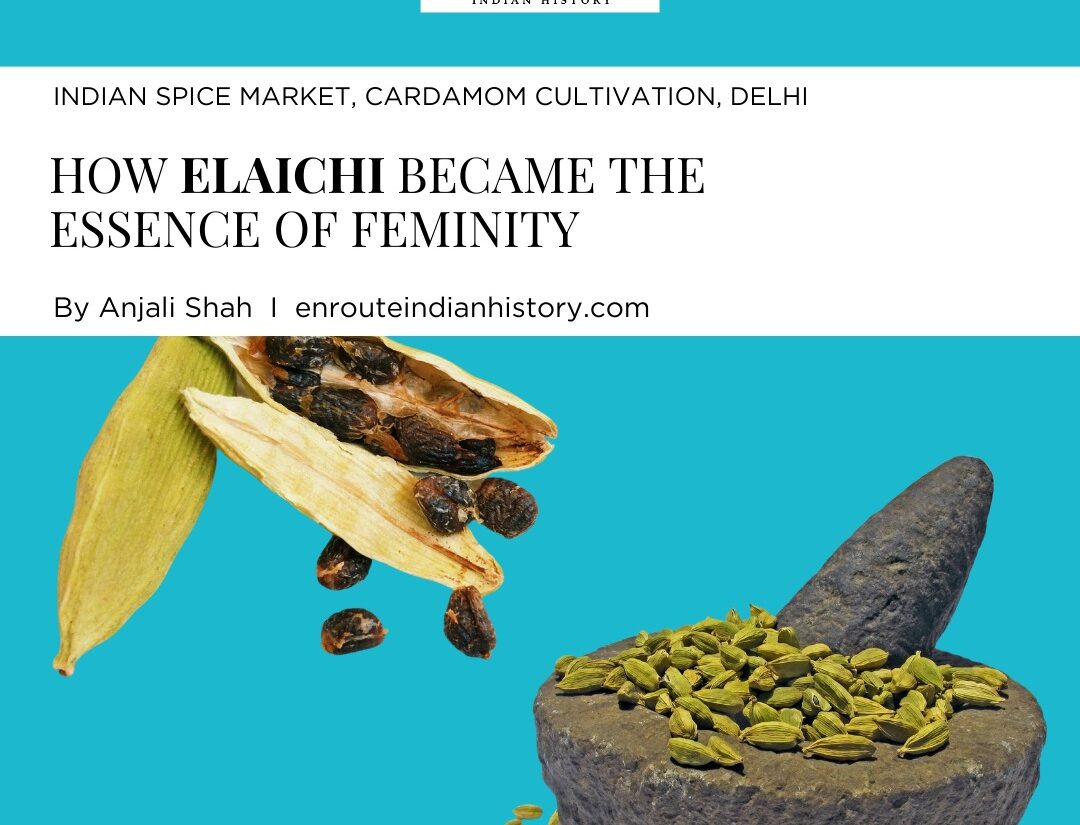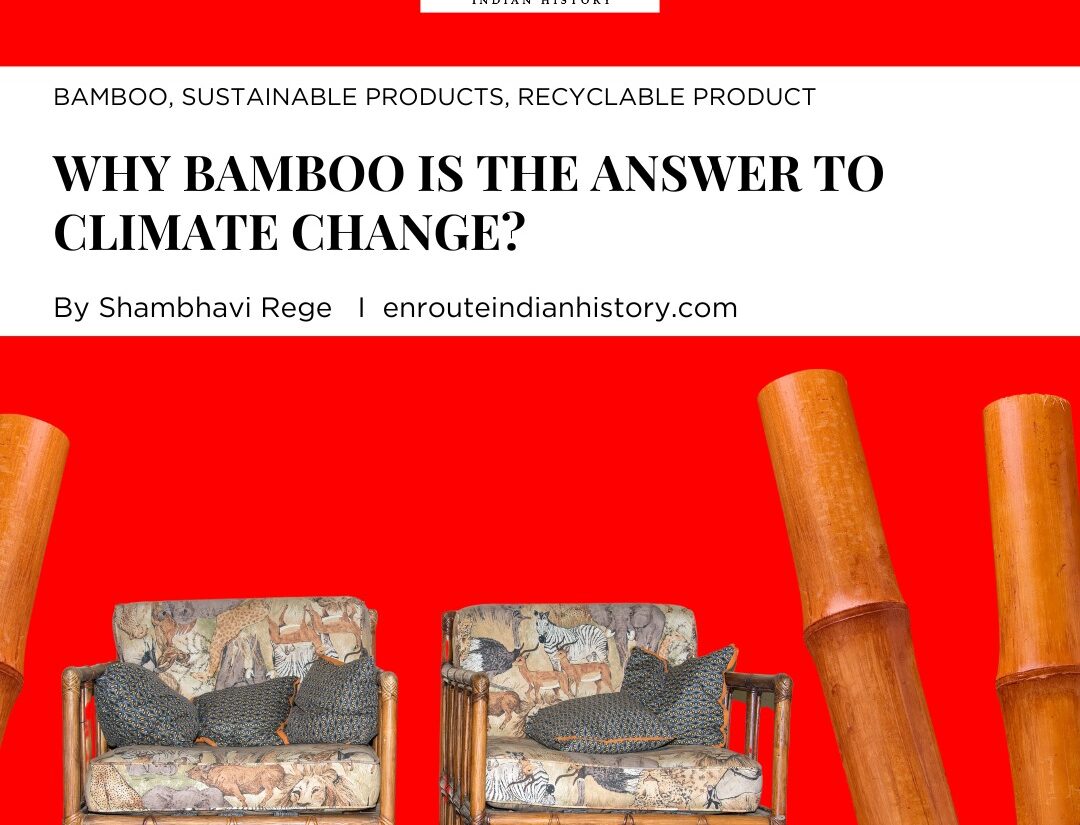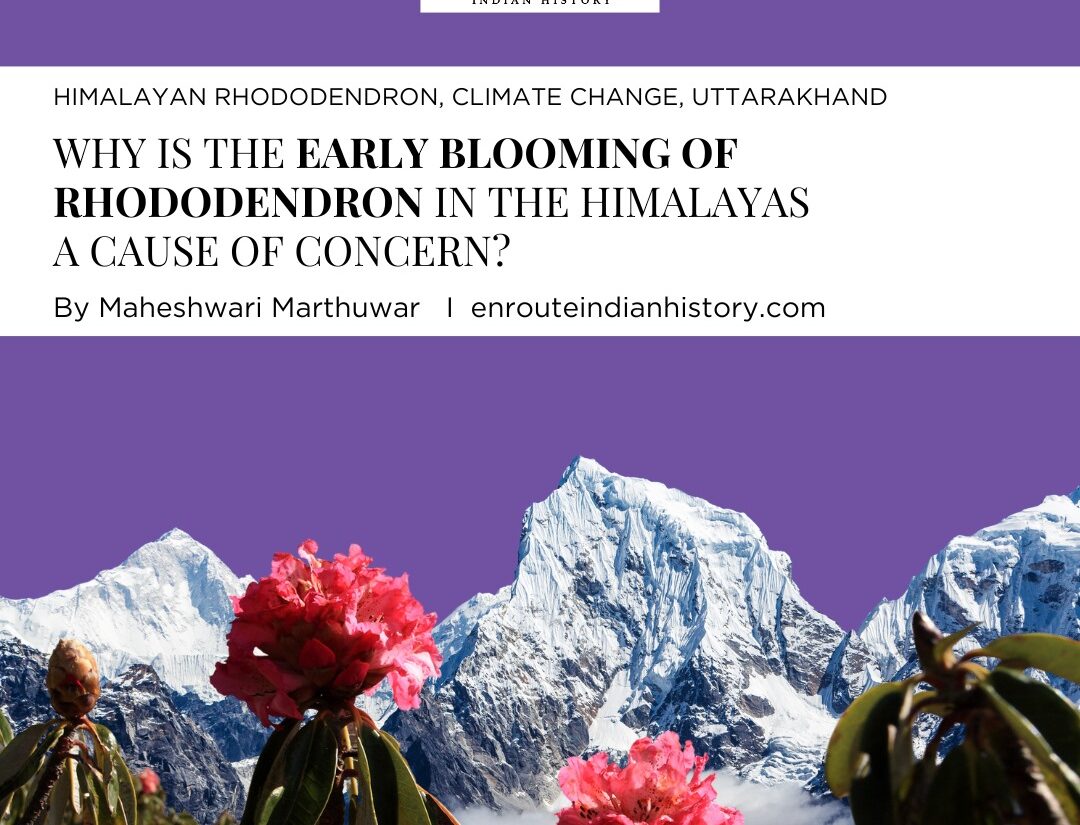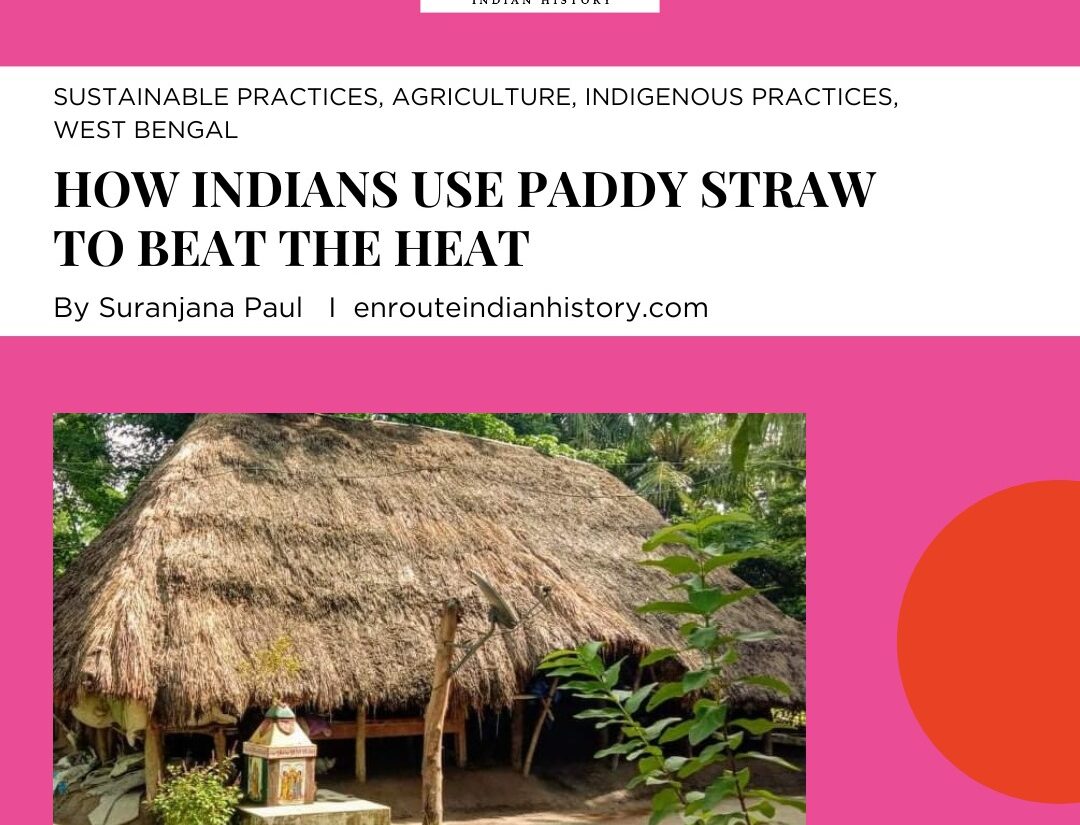

(Source: youtube channel wildfilmsindia ; women of kerela in cardamom field )
Cardamom, hailed as the “queen of spices” and belonging to the ginger family, has a rich history dating back 4000 years, renowned for its luxurious status akin to vanilla and saffron due to its high cost. Predominantly cultivated in the Western Ghats of South India, it holds a significant place among plantations, notably favoured by women who actively participate in its cultivation, from harvesting to drying, thereby contributing to their livelihoods. Despite their integral role, women have historically been marginalized from the primary spice market. Additionally, exploring the legendary aspects surrounding cardamom adds further depth to its narrative. Its distinct flavour and aromatic properties, boasts a rich tapestry of mythical origin stories across various cultures. From tales of divine origins to legendary accounts of its discovery by ancient civilizations, the folklore surrounding cardamom lends an enchanting allure to its history. These narratives often intertwine with cultural beliefs, spiritual practices, and the reverence bestowed upon this prized spice throughout centuries of human civilization.
ORIGIN OF CARDAMOM
Cardamom, originating from the lush Western Ghats of South India, holds a rich history intertwined with myths and migrations. These verdant hills, aptly named the Cardamom Hills, were the original habitat of this prized spice, where it thrived in the wild. However, in 1914, the trajectory of cardamom changed dramatically when a German coffee planter named Oscar Majus Klöffer made a fateful decision to transplant it to the fertile soils of Guatemala. Little did he know that this bold move would catapult Guatemala to the forefront of cardamom production, earning it the coveted title of the world’s leading exporter, with India following closely behind.
Despite its newfound global presence, the essence of cardamom remains deeply rooted in its Indian origins, as evidenced by ancient legends that trace its beginnings to the very mountains where it still grows abundantly today. One such tale speaks of cardamom as a divine gift bestowed upon the Western Ghats by none other than the goddess Lakshmi, revered for her association with wealth and prosperity in Hindu mythology, even in laxmi puja cardamom play an important role. According to this myth, the benevolent goddess graced the mountains with the presence of cardamom pods, imbuing the land with fertility and ensuring an abundance of blessings for those who inhabited the region. Another story regarding cardamom suggests that it is believed women must personally pluck the spice to preserve its aromatic fragrance but all these stories made a connection between women and cardamom.
SPICE MARKET
Certainly, the involvement of women in spice cultivation, processing, and marketing, such as cardamom, saffron, turmeric, and chili, highlights the feminization of spice cultivation. Women play pivotal roles in every aspect, from cultivation to drying and grinding, thus empowering themselves economically and socially. This trend has facilitated the rise of women-led startups in the spice industry, enhancing their financial independence and contribution to the market. Overall, the feminization of spice cultivation represents a significant shift in gender dynamics, enabling women to assert themselves in traditionally male-dominated sectors and creating avenues for economic empowerment and entrepreneurship. while the spice market historically has been male-dominated, there’s a noticeable increase in women’s participation in this sector.
In regions like Lakadong, women have significantly uplifted their economic status through turmeric cultivation, showcasing the transformative power of spice farming for women’s empowerment. Additionally, cardamom holds cultural significance, often associated with stories portraying it as the blessing of Laxmi, the goddess of wealth and prosperity. The tradition of only women plucking cardamom further emphasizes its connection with femininity. Many plantations have recognized this association and actively appoint women in their fields, not only as a nod to tradition but also acknowledging their expertise and contribution to the cultivation process. This shift reflects a broader trend of recognizing and valuing women’s roles in traditionally male-dominated sectors like the spice industry, leading to increased gender inclusivity and economic empowerment.

(Sources Pinterest tasting page; Delhi Spice Market)
The famous spice market of Meena Bazar in Delhi, which originated during the Mughal era, continues to thrive today. Despite the feminization of spice cultivation, with more women engaging in the process, this shift is not prominently reflected in the market’s composition. The market remains predominantly manned by males, suggesting a disparity in representation and economic opportunities within the spice trade. This disconnects highlights broader societal dynamics and gender roles that persist despite changes in the industry.
In the Western Ghats region, encompassing Kerala and Tamil Nadu, Karnataka, cardamom cultivation is predominantly a major occupation for women. These women play a crucial role in various stages of cardamom production, from planting and tending to the crops to harvesting and processing the pods. Their expertise and hard work contribute significantly to the success of the cardamom industry in the region. Despite all these activities the major share income from the profit of cardamom trade and sale is aloof from women.
The connection between cardamom and feminine energy, often referred to as the “queen of spices,” is deeply rooted in cultural and traditional narratives. In many songs and stories, cardamom is associated with qualities of femininity, abundance, and blessings from deities like Ma Laxmi. This association extends to the practice of cultivation, where women are considered blessings for imparting the aromatic smell to cardamom.
In contemporary India, this traditional belief has translated into an opportunity for women to participate in the cardamom cultivation industry. While initially, this belief might not have been widely accepted, it has nonetheless empowered women to take an active role in cardamom cultivation. This participation has not only contributed to the economic empowerment of women but has also led to the emergence of women-led startups in the spice production sector.
Overall, the cultural significance of cardamom, combined with the entrepreneurial spirit of women, has transformed spice production into a major attraction for women to start their businesses, thus contributing to the diversification and growth of the Indian economy.
REFRENCES
Cardamom: the queen of spices
https://indianculture.gov.in/food-and-culture/spices-herbs/cardamom-queen-spiceshttps://indianculture.gov.in/food-and-culture/spices-herbs/cardamom-queen-spices
Cardamom farming, women involvement in production and feminization of poverty: Research Gate
https://www.researchgate.net/publication/310477572_Cardamom_farming_women’s_involvement_in_production_and_feminization_of_poverty
cardamom: unravelling the myths and legends behind spices
https://medium.com/@YumYumJourney/cardamom-unraveling-the-myths-and-legends-behind-the-spice-b29c2bd24355
spices and the spice trade
https://archive.org/details/spices-spice-trade/mode/1up?q=Cardamom
- May 15, 2024
- 6 Min Read























